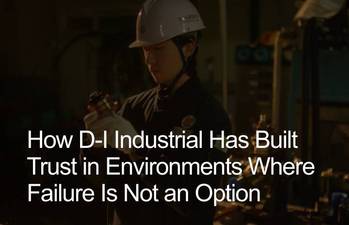The Center for Liquefied Natural Gas
(CLNG) supports the use of open-loop vaporization (OLV) systems
proposed in LNG terminals in the Gulf of Mexico, calling it a proven and
environmentally sound technology predominately used in more than 40 LNG
import terminals throughout the world.
Environmental impact statements (EIS) issued by the U.S. Coast Guard
conclude that offshore LNG facilities will have only minor adverse impacts
on the environment, including fisheries. CLNG commissioned the highly
respected research firm, Exponent, to analyze the methodologies used by the
federal government in these EIS. Exponent found that the government's
methodologies are sufficient for licensing purposes, even though they
overestimate the negative impacts to fisheries.
"CLNG continues to back the use of OLV technology as an environmentally
responsible method of delivering clean-burning natural gas to meet U.S.
energy needs," said Bill Cooper, executive director, CLNG. "Not only is it
critically important to U.S. energy needs, building LNG facilities in the
Gulf of Mexico will further economic recovery and redevelopment along the
Gulf Coast.
"History shows that tight natural gas supplies and high gas prices make
industry less competitive and lead to jobs moving overseas," continued
Cooper. "New LNG terminals are needed. The use of seawater vaporization in
offshore terminals reduces costs and makes more natural gas available for
use by industry, utilities, manufacturing, agriculture and consumers."
Sponsored Content
When Marine Systems Are Judged by What They Endure

Why Shipowners Around the World Choose D-I Industrial’s Quiet Reliability

Featured videos

Scania's New Next-Gen Marine Engine Makes North American Debut

RiverTough Bearings: Built for the Rigors of the Inland Waterways

Baltic Workboats Steams into the U.S. Pilot Boat Market
Subscribe for
Maritime Reporter E-News
Maritime Reporter E-News is the maritime industry's largest circulation and most authoritative ENews Service, delivered to your Email five times per week










